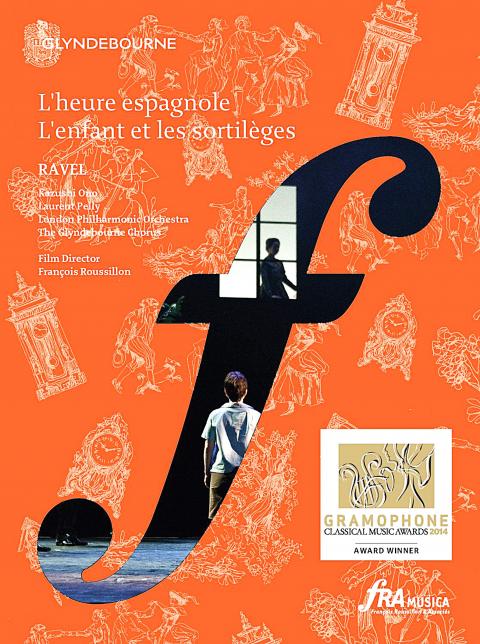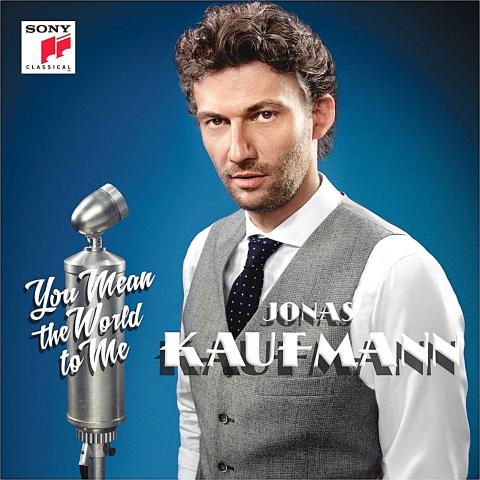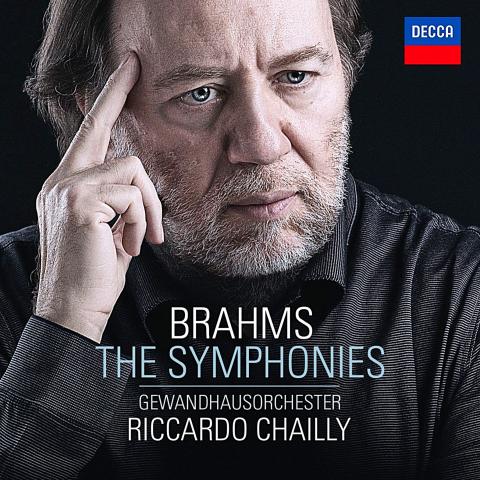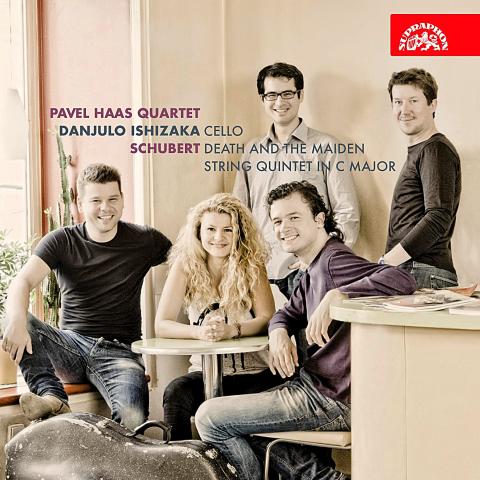The UK’s Gramophone is probably the world’s leading review magazine of classical recordings, so their annual Awards for what their critics judge to be the best releases of the last 12 months are eagerly awaited. The choices for 2014 were revealed last month, and they make absorbing reading.
There are 18 categories, plus a Recording of the Year, so it isn’t possible to cover all of them here. Nor is it possible for your critic to hear most of them. But at least we can try to get some idea of what kinds of achievement these stellar releases represent.
Recording of the Year went to Brahms’ symphonies with Riccardo Chailly conducting the Leipzig Gewandhaus Orchestra [Decca 4787471]. An introductory clip has Chailly talking about how Abbado taught and encouraged him as his 19-year-old assistant in Milan, and how Bach was always a major influence on Brahms. Not only the four symphonies but also the most famous overtures, waltzes, Hungarian dances and the Variations on a Theme of Haydn are included on this 3-CD set.

In our survey of recordings of Dvorak’s string quartets [Taipei Times June 26, 2014] we highlighted the youthful Pavel Haas Quartet, a previous winner of Gramophone’s Recording of the Year award (in 2011). Now they’ve won again, this time in the Chamber Music category, for their CD of Schubert’s String Quintet and Death and the Maiden Quartet [Supraphon 41102].
We’ve also featured the US counter-tenor Bejun Mehta singing Fammi combattere from Handel’s Orlando [Taipei Times July 24, 2014]. Now he appears as one of the soloists in George Benjamin’s opera Written on Skin, this year’s winner in Gramophone’s Contemporary category [OA 1125 D]. This is a Royal Opera House, Covent Garden DVD.
CDs of Prokofiev’s five piano concertos played by Jean-Efflam Bavouzet, with the BBC Philharmonic under Gianandrea Noseda, win the Concerto category [Chan 10802 (2)]. There’s considerable competition here, and the recent version of Concerto No: 3 by Lang Lang (郎朗), with Simon Rattle and the Berlin Philharmonic, has garnered great praise. That version also includes Bartok’s Piano Concerto No: 2, with a bonus DVD of the first movement of the Prokofiev [Sony 88883732262].

The Opera category opts for another DVD in the shape of Ravel’s L’heure espagnol (Spanish time) and L’enfant et les sortileges (The child and the spells) from the UK’s Glyndebourne opera-house. Extracts available from the first of these two short operas show that this is a visually inventive and colorful production, with the London Philharmonic Orchestra conducted with enormous enthusiasm by the Japanese conductor Kazushi Ono [fRA FRA 008].
And then there’s Mozart’s Requiem, winner of the Choral category as performed by the UK’s Dunedin Consort under John Butt. This is a vibrant, crystal-clear rendition, using relatively small forces, and with the soloists singing as part of the chorus [Linn — CKD 449].
Butt claims to be trying to reproduce the conditions of the first full performance after Mozart’s death, using the completion by Sussmayr (which he considers has been much under-rated). The CD also includes a version of the work’s Introit and Kyrie as they may have sounded at a memorial service a few days after the composer’s death (the Introit was the only part Mozart completed in full, with the vocal parts only completed for the Kyrie). A final offering on the CD is Mozart’s youthful Misericordias Domini (K.222), a mere six minutes long, and in the same key as the Requiem.

Butt is a veteran of the modern tradition of giving 18th century choral works greater transparency by using reduced numbers of instrumentalists and chorus-members, and this Requiem appears to have many virtues, as the Gramophone award testifies.
Finally, the award for the best solo vocal item goes to Jonas Kaufmann’s version of Schubert’s Die Winterreise song-cycle, with Helmut Deutsch on the piano. Die Winterreise is described by the UK philosopher Roger Scruton in his Beauty: A Very Short Introduction as “finding exquisite melodies to illuminate … the many secret corners of a desolate heart.” Kaufmann is currently a much-feted operatic tenor, and this recording shows he can sing with as much discrimination in an intimate setting as in a theatrical one [Sony 88883795652].
Intimacy is also a keynote of Kaufmann’s unexpected follow-up to his Schubert CD, You Mean the World to Me, a compilation of popular songs from the Berlin of 1925-35 [Sony 88843087712]. These, some sung in German, some in English, are operetta and film numbers from an era when composers wrote such would-be hits specifically to be sung by the established classical tenors of the day.

The result is an enormously enjoyable CD that is likely to catapult Kaufmann into the arms of a new popular audience (though his concerts in Germany have already started to have this effect). Watch the promotional video accessible on Prestoclassical.com to catch the special flavor of this surprise change of tack for this justly celebrated tenor.

May 11 to May 18 The original Taichung Railway Station was long thought to have been completely razed. Opening on May 15, 1905, the one-story wooden structure soon outgrew its purpose and was replaced in 1917 by a grandiose, Western-style station. During construction on the third-generation station in 2017, workers discovered the service pit for the original station’s locomotive depot. A year later, a small wooden building on site was determined by historians to be the first stationmaster’s office, built around 1908. With these findings, the Taichung Railway Station Cultural Park now boasts that it has

The latest Formosa poll released at the end of last month shows confidence in President William Lai (賴清德) plunged 8.1 percent, while satisfaction with the Lai administration fared worse with a drop of 8.5 percent. Those lacking confidence in Lai jumped by 6 percent and dissatisfaction in his administration spiked up 6.7 percent. Confidence in Lai is still strong at 48.6 percent, compared to 43 percent lacking confidence — but this is his worst result overall since he took office. For the first time, dissatisfaction with his administration surpassed satisfaction, 47.3 to 47.1 percent. Though statistically a tie, for most

As Donald Trump’s executive order in March led to the shuttering of Voice of America (VOA) — the global broadcaster whose roots date back to the fight against Nazi propaganda — he quickly attracted support from figures not used to aligning themselves with any US administration. Trump had ordered the US Agency for Global Media, the federal agency that funds VOA and other groups promoting independent journalism overseas, to be “eliminated to the maximum extent consistent with applicable law.” The decision suddenly halted programming in 49 languages to more than 425 million people. In Moscow, Margarita Simonyan, the hardline editor-in-chief of the

Six weeks before I embarked on a research mission in Kyoto, I was sitting alone at a bar counter in Melbourne. Next to me, a woman was bragging loudly to a friend: She, too, was heading to Kyoto, I quickly discerned. Except her trip was in four months. And she’d just pulled an all-nighter booking restaurant reservations. As I snooped on the conversation, I broke out in a sweat, panicking because I’d yet to secure a single table. Then I remembered: Eating well in Japan is absolutely not something to lose sleep over. It’s true that the best-known institutions book up faster